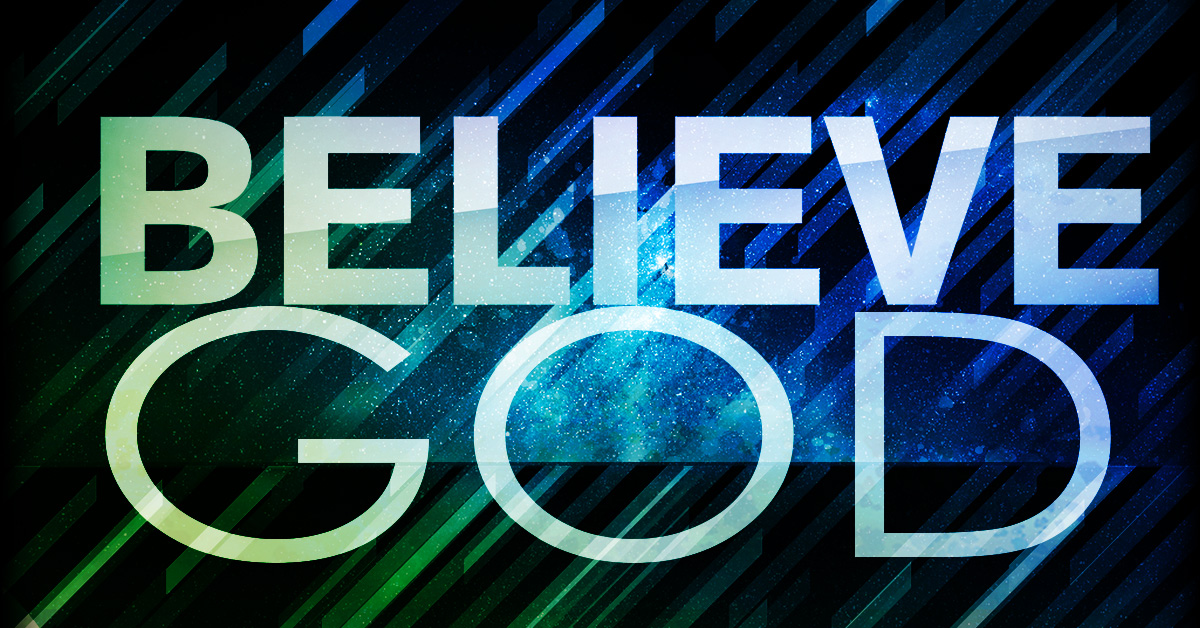“You will be with child and give birth to a son, and you are to give him the name Jesus” (Luke 1:31).
“The virgin will be with child and will give birth to a son, and they will call him ‘Immanuel’” – which means, ‘God with us’” (Matthew 1:23).
When my son was young, he loved to go to the playground at the local park which was almost always crawling with boys and girls. He would join in with one or two children and for some reason, he called all the other kids “dude”. I told him over and over, “Ask them what their names are.” One day on the way home I gently lectured him on the social grace of using people’s names. He replied, “I only seen them today and I won’t see them tomorrow so I don’t need to know their name.” Lecture over as I tried to stifle a laugh. But he had a point – to know someone and call them by their name indicates a relationship, ranging from playgrounds to the intimacy of lovers.
God spoke volumes in the name He gave His One and Only Son. “Jesus” – Iesous in Greek, Yeshua in Hebrew (translated Joshua) – carried the meaning “Yahweh saves.” The Jewish people would hear Jesus’ name and remember that the Lord had saved His people in the past and He had promised to save them again. They recalled Joshua in the days of the exodus from Egypt, a mighty military leader and warrior who lead the armies of Israel against multiple enemies on the way to the Promised Land. They clung to the hope of salvation and restoration from Roman rule. Jesus was a name that spoke of the power and faithfulness of God.
But Matthew records another name that would be bestowed on this Child – Immanuel – God with us. This name speaks of God coming physically near to His people. In the Garden, God walked with Adam, until sin came between them. In the desert, God’s presence was in the cloud of fire, and in Jerusalem, His presence dwelt between the cherubim in the Temple – behind a heavy curtain. But now God Himself once more walked among his people. He shared the street with His creation, broke bread together with men, and laid the hand of God on their children’s heads. He lived among men – and died among them.
In a perfect combination of names, He personally brought the salvation of God to all humanity. He is the victorious power of God and the intimate love of God. He is Jesus – Immanuel – the God who came near to save us. It is the name of Love.
Let the Name of the Lord be praised, both now and forevermore – Psalm 113:2.










